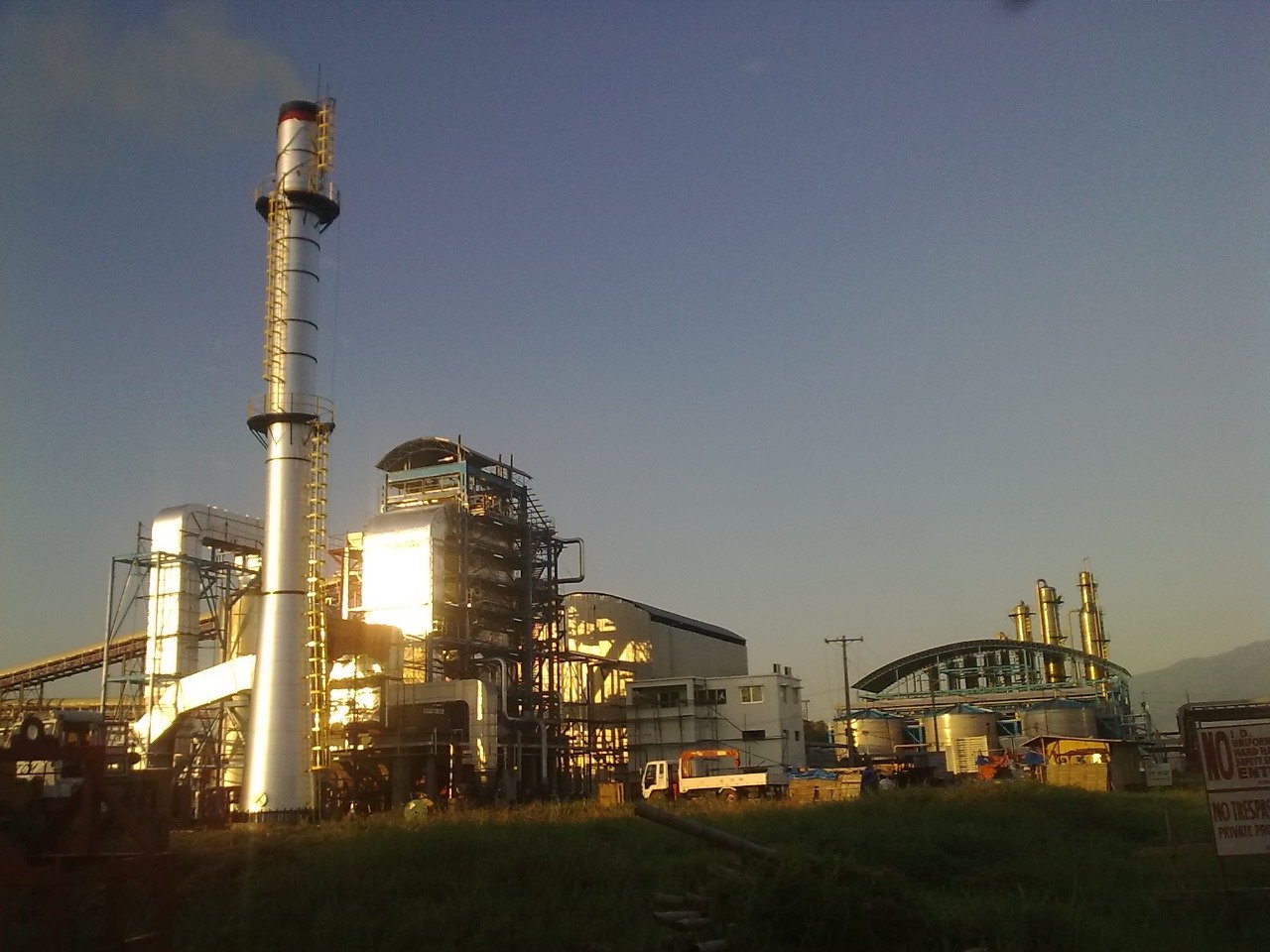In today’s rapidly evolving industrial landscape, energy efficiency is no longer a luxury but a necessity. One of the most effective ways industries can enhance energy utilization while reducing costs is through cogeneration—the simultaneous production of heat and power. This innovative approach has been transforming industries in India since the early 1990s, particularly in sectors with high steam consumption.
What is Cogeneration?
Cogeneration, also known as Combined Heat and Power (CHP), involves the concurrent production of electricity and useful heat from the same energy source. By harnessing waste heat that would otherwise be lost, cogeneration significantly increases overall energy efficiency and reduces operational costs. Industries that rely on steam, such as sugar, paper, metals, distilleries & ethanol plants, have successfully adopted cogeneration to enhance productivity.
Why Industries Should Embrace Cogeneration
Cost Reduction – Since power generation is an incidental process in cogeneration, industries can drastically cut down on energy costs. The use of process by-product fuels like bagasse, mustard husk or rice husk further enhances cost-effectiveness.
Energy Efficiency – Traditional power plants operate at an efficiency of around 30-40%, whereas cogeneration plants can achieve efficiencies of 70-90% by utilizing waste heat.
Reliable Power Supply – Given India’s fluctuating electricity supply, cogeneration offers industries greater energy security and reliability.
Environmental Benefits – Cogeneration minimizes fuel wastage and significantly reduces greenhouse gas emissions, making it a sustainable solution for the future.
Challenges in Adopting Cogeneration
Despite its benefits, cogeneration adoption faces certain hurdles:
Scale of Operations – Small industries requiring limited power (around 100 kW) struggle with feasibility due to a lack of small-scale turbines.
Process Requirements – In industries where steam pressure demands are high, such as solvent extraction plants, generating surplus power can be challenging.
Regulatory Barriers – Implementing cogeneration requires navigating multiple regulations, particularly when integrating power-sharing models.
The Future of Cogeneration: Overcoming Challenges
To make cogeneration more widespread, industries and policymakers must explore innovative approaches:
Optimizing Pressure Requirements – Process modifications can allow for a lower pressure gradient, enabling better power generation.
Scaling Up – The increasing scale of industries like distilleries and ethanol production makes cogeneration a more viable option today than ever before.
BOT (Build-Operate-Transfer) Models – Many industries are shifting towards outsourcing utility operations, allowing specialized cogeneration service providers to handle power and steam generation efficiently.
Expanding Fuel Sources – Advanced boiler designs now accommodate unconventional fuels such as rice straw, mustard husk, and cane trash, further expanding cogeneration possibilities.
Conclusion
With rising electricity costs and the pressing need for sustainability, cogeneration is set to play a crucial role in industrial energy strategies. At Dehu Engineering, we are committed to helping industries adopt efficient and innovative solutions for power generation, ensuring long-term energy security and cost savings.
Are you ready to explore cogeneration for your industry? Connect with us today to learn how we can help you optimize your energy use and boost efficiency!
– ✍ Supratik Roy






